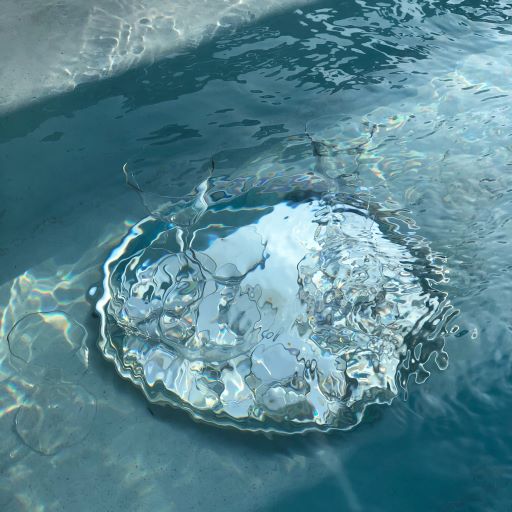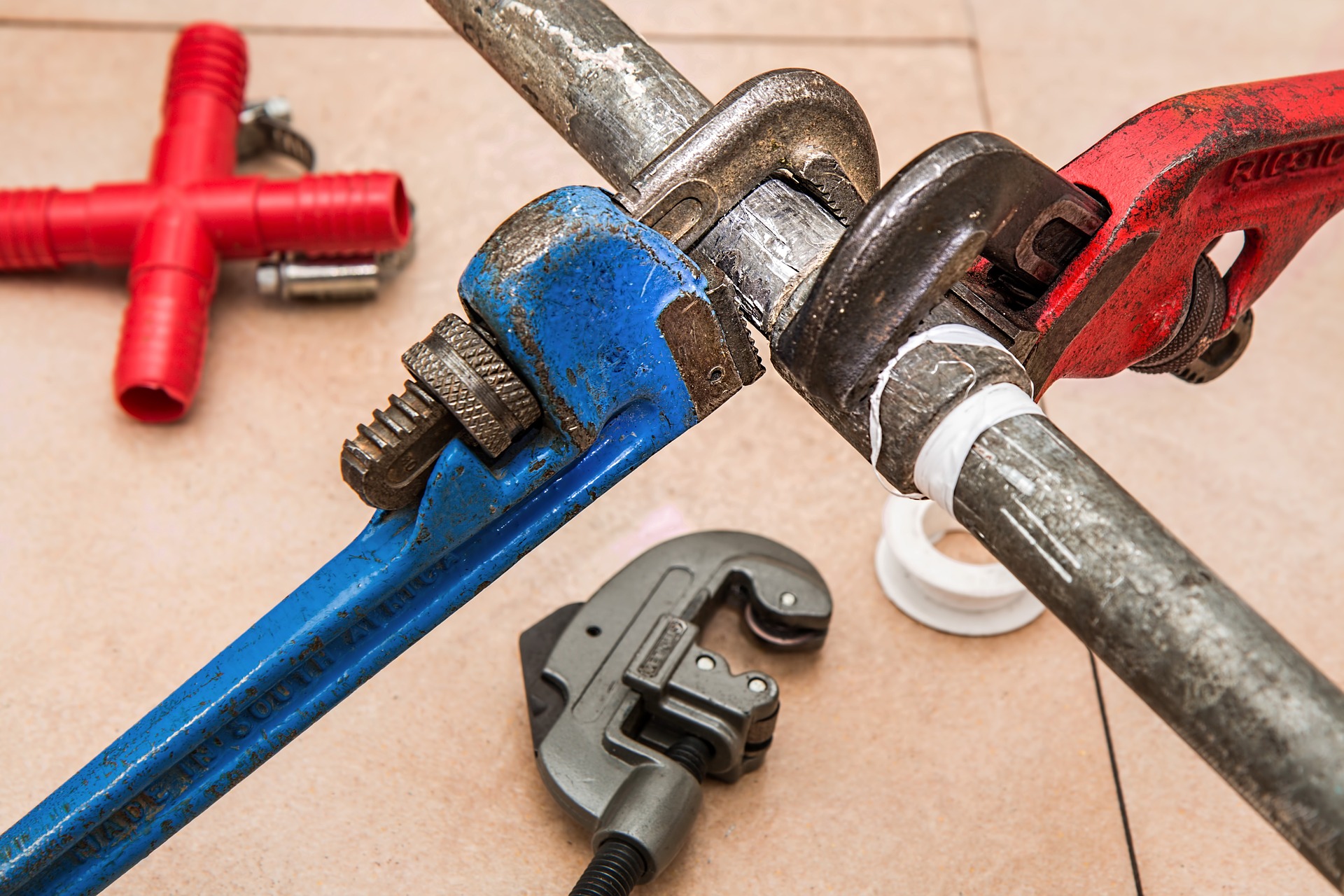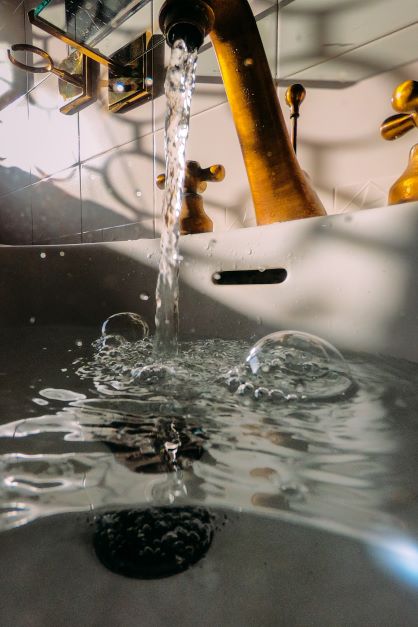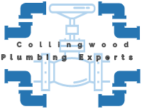drains
most
homeowners don’t think about drain systems daily and this is understandable,
there are so many other issues surrounding us.
at
the same time ignoring drain issues or prioritizing them as insignificant ones
can become a costly and extremely inconvenient problem.
so
how to deal with this? the answer is to know what signs for a properly
functioning drain system vs a problematic one and take actions once you identify
an issue.
the
first and simplest signs for drain issues are unusual smells from sinks, slow
drains, a sink or toilet backing up water, weak water flow.

clogged drains
the clogged drain is one of the inevitable problems for any plumbing systems
not
all clogged issues are severe and some of them can be taken care of by “do it yourself”,
but
many of them will require special equipment and professional experience to make sure that work is done properly,
and
they are not coming back on the following day.
here are possible clogged drain types
- clogged sink
- clogged toilet
- clogged tab
- clogged floor drain
drain installation
whenever there is a need to install a drainage system you always need to consider professional assistance and avoid doing it yourself if you are lacking appropriate knowledge and experience.
the following are types of drainage installations:
- surface
- subsurface
- slope
- downspout & gutters


clogged drain prevention
in the kitchen:
-
don’t use your sink for food leftovers, use a screen for your kitchen drain
- don’t pour liquid grease into a sink
- teach your kids how to use drains
in the bathroom:
- keep hair and soap scum out of bathroom drains
- use screen for the sink and tab drains to catch hair
- watch what you flush - avoid flushing any hygiene products and dental floss
- educate your kids on what can be flushed and what not
in the technical room:
- don't rinse cement or grout
- don't use the drain as a garbage bin
tips to remember
- the drainage system is a heavy-duty system with a high probability of clogging
- The best way to keep it clean is preventive methods – keep your drains for water only
- educate your kids how to use sinks
- be aware and pay attention to signs of clogged drains
- for frequently clogged drains use professional services can be less expensive in a long run
